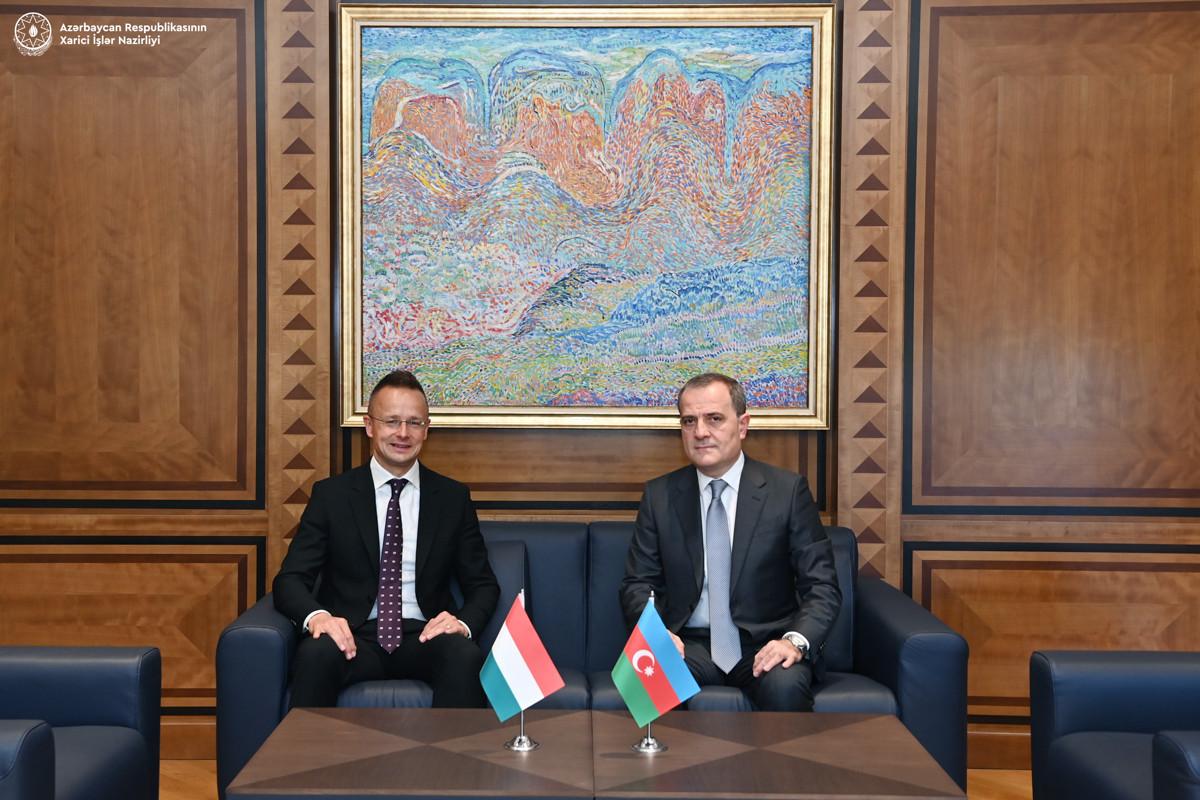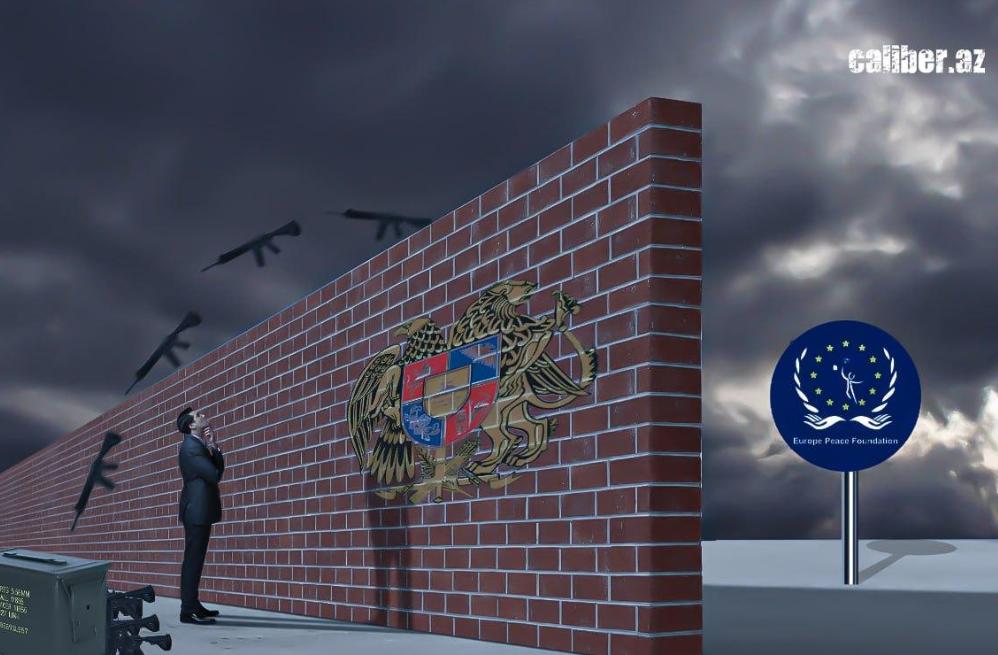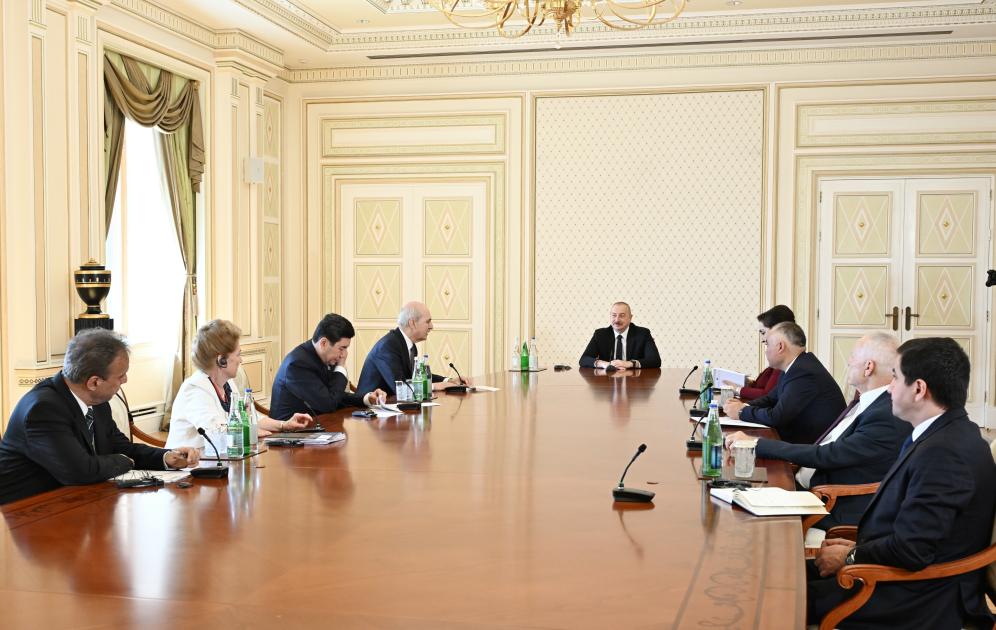Defending justice amidst EU's geopolitical maneuvers Baku-Budapest alliance
Armenian media are in hysterics again over the fact that Hungary is blocking the project of European Peace Foundation (EPF) support to Armenia, as it can become a serious barrier for arms deliveries to Yerevan. As it has been reported, a preliminary agreement was reached in Brussels (April 5) to provide Armenia with €10 million in aid from the EPF. According to the document, this money should be used to establish a field modular camp for one battalion, which should include one outpatient clinic for medical assistance, as well as relevant services and capabilities.
Formally, the purpose of the so-called support from the EPF to Yerevan is ostensibly to help raise the level of Armenia's armed forces so that they can better protect the civilian population during crises and emergencies. In reality, this is another way of militarizing Armenia through the supply of offensive rather than defensive weapons. And this issue was not ignored by the Hungarian Minister of Foreign Affairs and Trade Péter Szijjártó, speaking recently at a joint press conference on the results of the 2nd session of the Strategic Dialogue between Azerbaijan and Hungary.
“We think that if Armenia is provided with assistance in the amount of €10 million from the European Peace Fund, the same assistance should be provided to Azerbaijan,” Szijjártó said.

Note that Hungary assumes the European Union presidency on July 1, which is a positive sign for Azerbaijan, given the trusting nature of relations between Baku and Budapest. This fact was emphasized by Azerbaijani President Ilham Aliyev as he received the TURKPA delegation on June 6.
"Hungary is our number one partner in the European Union, and in some cases, when certain unfounded accusations are leveled against Azerbaijan, Hungary is the first to come to our defense. I am also aware that Hungary is also facing pressure from some European countries because of this. However, Hungary's principled position, the fact that it is on the side of right and justice and respects international law greatly enhances its international reputation,” the president said.
However, Budapest's just position on Azerbaijan is connected not only with the fact that Hungary is a friendly country to us, but also with the fact that it is one of the few European countries that stands on the side of peace, not war. And this is the similarity of positions of Baku and Budapest, which makes our countries close in terms of strategic partnership, firstly.
Secondly, Hungary is well aware that under the pretext of providing assistance to Armenia through the EPF, the European Union is primarily nurturing its own interests in the South Caucasus. This is clearly confirmed by Péter Szijjártó's strong statements that “Hungary will make sure that the European Union pursues a balanced policy towards the South Caucasus region and does not add fuel to the fire”. In other words, Hungary openly states that certain forces in the EU are using financial instruments to promote militaristic goals in the South Caucasus. Yes, unfortunately, these forces in the Old World are not interested in peace in the Caucasus or the role of an honest mediator, but in destabilization and provoking conflicts.

Actually, if the European Union created the European Peace Foundation (having allocated it funding of over 5.6 billion euros until 2027) for good purposes, then why is this structure used as a political tool in the hands of the same France to promote its colonial interests in the South Caucasus? And why does France insist on providing assistance to Armenia through the European Peace Foundation? Maybe because the EFP is designed to transfer EU aid to foreign military and security structures? Let us recall that last November, the then French Foreign Minister Catherine Colonna said that France was waiting for the EU's decision to support Armenia through the European Peace Foundation.
France is openly pushing Yerevan towards the path of war just now, when the region is on the threshold of peace. By the way, recently, Armenian Foreign Minister Ararat Mirzoyan told the National Assembly that Armenia has applied to the European Peace Foundation for assistance and is awaiting a response. According to him, Yerevan expects to receive military aid from the Foundation. Earlier in May 2024, Armenian Prime Minister Nikol Pashinyan also said that Yerevan is looking forward to the EU's decision on Armenia's inclusion in the EPF programs. And here it is appropriate to ask a question: if Armenia is really determined to make peace with Azerbaijan, as the Armenian authorities pay lip service to, then why is it eager to receive arms? In order to achieve peace, it is enough to show political will and comply with Baku's agenda. But, to all appearances, Yerevan is not ready for this yet.

Whether Macron's France will be able to realize its plans for the EPF during Hungary's presidency of the European Union is not certain. After all, Azerbaijan also has friends in the EU. As President Aliyev noted, “Whether it is Azerbaijan or any other country, if they are on the right path, I am sure that today's Hungarian Government will be with them.”
“You have the will, the strength, good friends, so I hope you always stay the way you are,” Aliyev wished Deputy Speaker of the Hungarian National Assembly, Márta Mátrai.








